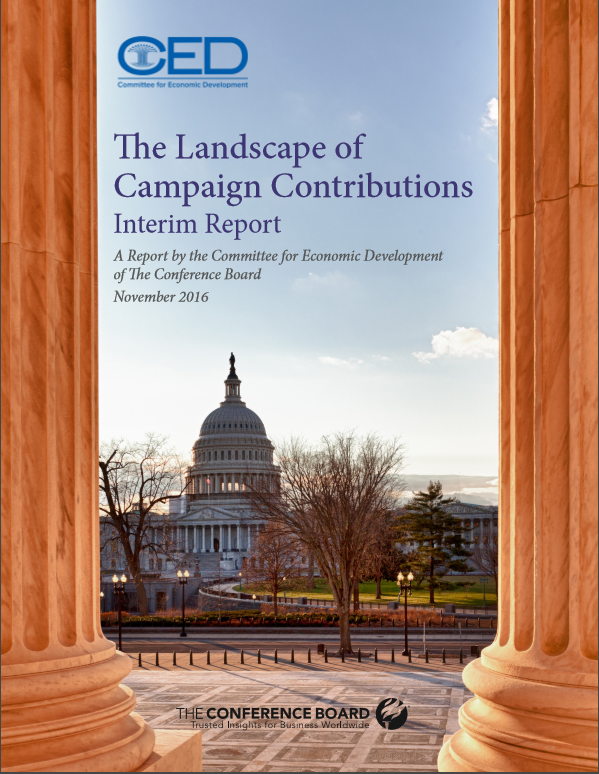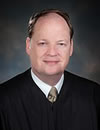Fifteen years ago today, the United States Supreme Court decided Citizens United v. Federal Election Commission. A wave of hysteria followed, with confused leftists (and a few confused conservatives) screaming from the rooftops that the ruling was a fatal blow to democracy. With a straight face, MSNBC’s Keith Olberman said that the decision “might actually have more dire implications” than Dred Scott, which held that descendants of slaves were not citizens of the United States.
People who believe Citizens United was wrongly decided proclaim that the democratic sky fell on January 21, 2010, and claim that, in the intervening years, things have only gotten worse. Nothing could be farther from the truth.
Preserving Political Speech (for all)
The facts of the case are important to remember: a nonprofit corporation, Citizens United, wanted to distribute and advertise a movie criticizing Hillary Clinton. But the conservative advocacy group was prohibited from doing so because of a 2002 law banning corporations from paying for communications that even mentioned candidates for federal office.
The ban on political speech was ridiculous, especially considering the exemption for a “legitimate press entity” performing a “legitimate press function.” Corporate media had all the power to speak freely about candidates and elections, but if you disagreed and wanted to join with others to advertise your view, well, that was too bad.
The March 24, 2009, Supreme Court oral argument highlighted the absurdity of the prohibition when an incredulous Chief Justice John Roberts asked whether the government could ban “a 500-page book” that contained “one use of the candidate’s name.”
Deputy Solicitor General Malcolm Stewart did not hesitate in replying, “That’s correct.” The federal government’s lawyer was defending the argument that it was constitutional to ban a 500-page book because it made one single mention of the name of someone running for office.
The activists blathering on about “democracy” surely aren’t saying they support government book banning, are they? That would be a fascinating and novel take on the concept rooted in the words dēmos “the people” and -kratia “power, rule.”
It is also a take that the justices wholeheartedly, and quite correctly, rejected.
The Court unequivocally stated that corporate political speech is constitutionally protected speech. As Justice Anthony M. Kennedy observed in his opinion for the Court, “the First Amendment does not permit Congress to make…categorical distinctions based on the corporate identity of the speaker and the content of the political speech.” Why should this be so? The answer to that question, as Kennedy explained, is clear: “Speech restrictions based on the identity of the speaker are all too often simply a means to control content.”
In other words, the Court rejected dystopian thought control in favor of First Amendment freedom.
Yet, the anti-speech crowd feared the ruling would result in corruption and decreased political participation. However, those worries are not grounded in reality.
In 2020, the Institute for Free Speech published research demonstrating that there is no evidence of increased public corruption following Citizens United. The report analyzes federal public corruption data from the nine years before and after the decision.
The following year, the Institute tackled Justice John Paul Stevens’ fear (from his Citizens United dissent) that, “[i]n the real world, we have seen, corporate domination of the airwaves prior to an election may decrease the average listener’s exposure to relevant viewpoints, and it may diminish citizens’ willingness and capacity to participate in the democratic process.” Again, our research concluded there is no proof to support that claim.
Opponents of Citizens United simply cannot handle the truth that the decision liberated corporations to speak freely, a constitutionally guaranteed freedom. These groups are free to distribute literature, movies, and other forms of speech about candidates and elections. As a result, federal campaigns, previously dominated by legacy media outlets and the candidates themselves, now include independent voices. More voices, not fewer. That’s a massive win for political expression and democracy, no matter how detractors seek to distort the facts.
Today, on this fifteenth anniversary of the landmark First Amendment ruling, we have every reason to celebrate.














